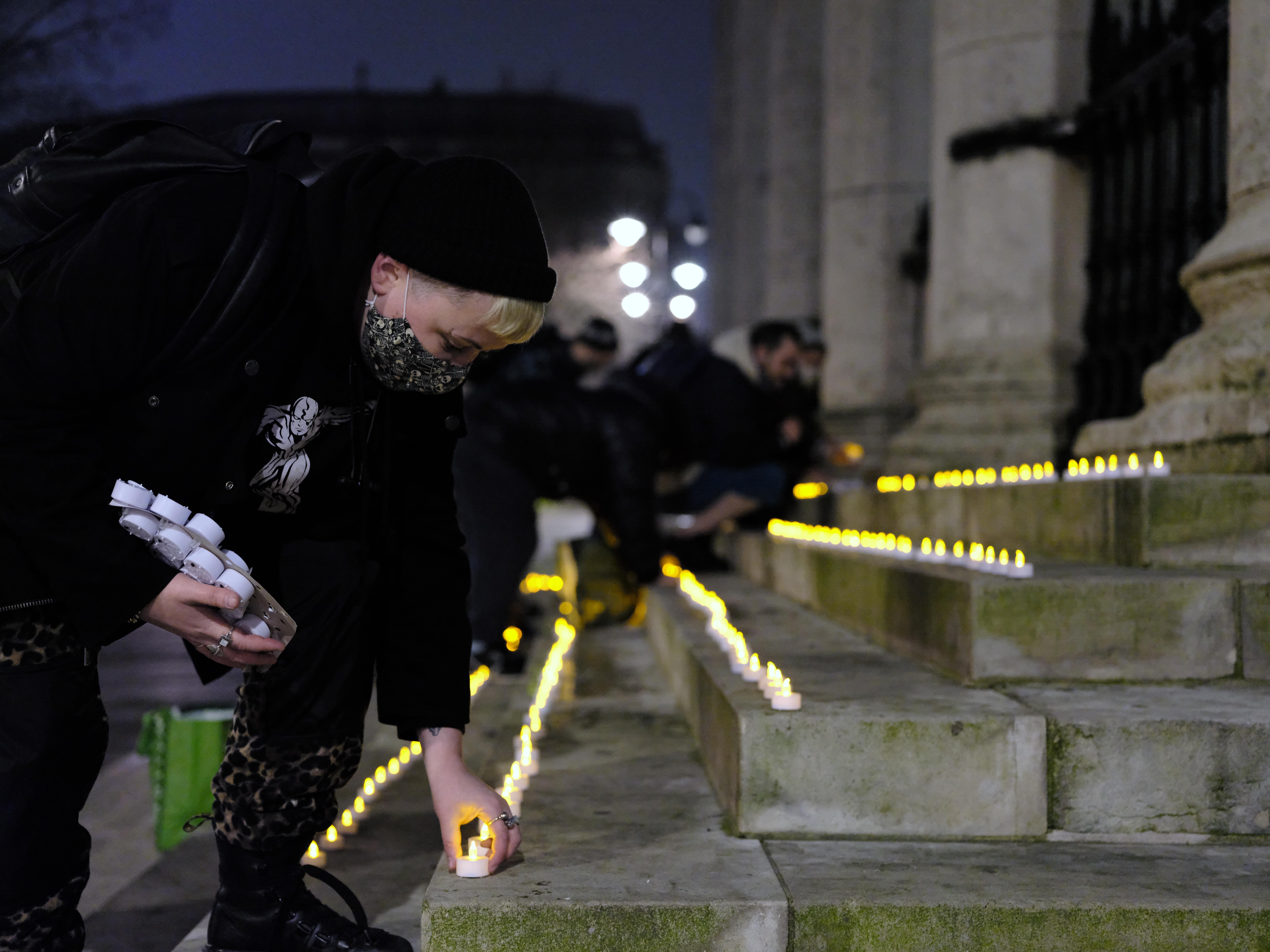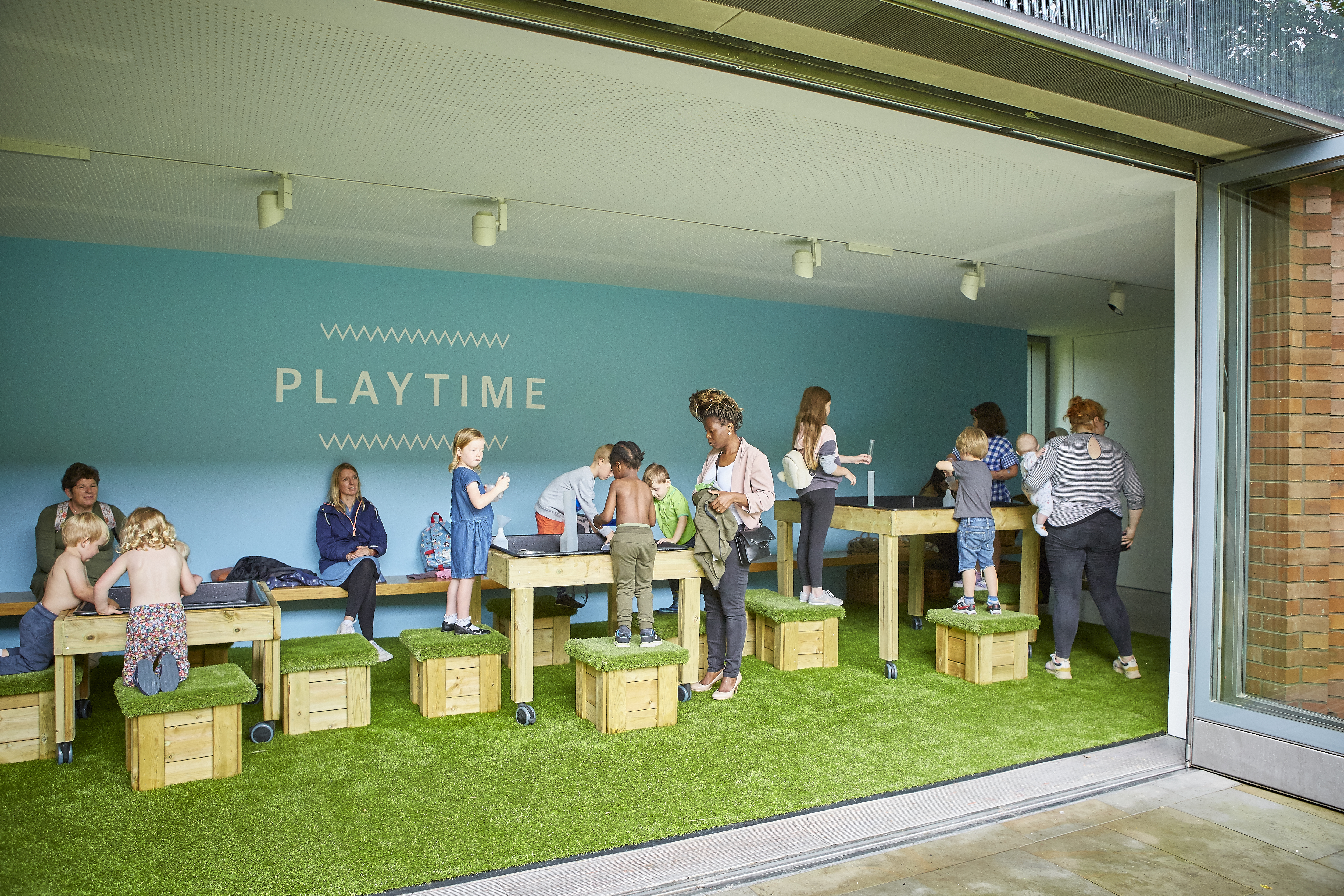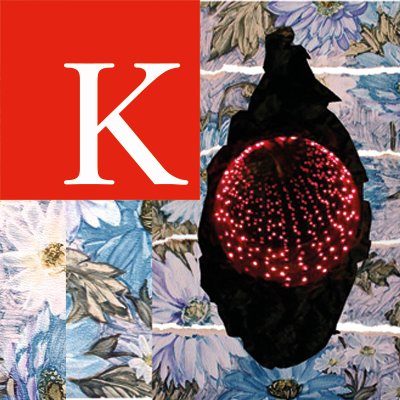The past year has been a challenging one, with COVID-19 uprooting our lives but also sparking thoughts and desires about how we might want to reset the way we want to live and how communities operate.
As we slowly emerge into whatever might be the ‘new normal’, arts organisations are helping to shape the future: culture, creativity and the arts are manifesting stories that enable us to realise what it means to be fully human, individually and collectively.
The Award for Civic Arts Organisations seeks to highlight some of the inspiring ways in which arts organisations have responded to these challenging times and connected with their communities. Launched in November 2020, the Award is funded by the Calouste Gulbenkian Foundation (UK Branch), with King’s as the academic partner, involving students from the Department of Culture, Media & Creative Industries in the Faculty of Arts & Humanities.




‘Armchair adventures’
It has been truly moving to witness how arts organisations large and small and across the country have channelled the anxieties of this period and boldly reimagined their missions to put their communities first.
Some are using the arts and creativity to forge connections and lift spirits, others have focused on digital co-creation. Some have entered new partnerships, working with existing networks to deliver arts packs with food parcels, connect with the vulnerable and use arts activities to combat loneliness. An extensive list extracted from the 260 Award submissions includes buzz words such as ‘guitars in prisons’, ‘baking with Beyonce’, ‘opera in car parks’ and ‘armchair adventures’.
But much of this pioneering work is unknown, even within the arts sector itself and this Award seeks to change that. It highlights and celebrates civic arts organisations and their response to the pandemic, with funding and further support to continue their work and share learning. It shines a spotlight on the vital role that arts organisations play in sustaining a thriving, creative, and connected society, particularly during challenging times.
Care and co-creation
Out of 260 overall and 37 longlisted submissions, the judging panel, chaired by Baroness Deborah Bull, shortlisted ten arts organisations which truly put their communities first and responded to local needs throughout the pandemic.
Yesterday, in a virtual Awards celebration hosted by Kwame Kwei-Armah OBE (Artistic Director, Young Vic) the four awardees were announced. London based arts organisation Heart n Soul who consulted a steering group of their members to co-create an online programme of activities for those with learning disabilities, including club nights, quizzes, baking sessions and an online gallery of artwork resulting from creative packs which were posted out every fortnight, took along the main award of £75,000.

Three awards of £25,000 went to organisations in Inverness, London and Manchester. Eden Court Highlands formed a partnership with the Highland Council and re-purposed their staff team and facilities as the humanitarian aid centre for the region. Their work with the community included activities for children of keyworkers, packing and distributing thousands of food parcels each week, and turning the venue’s restaurant windows into a temporary community exhibition site to display a collection of Black Lives Matter banners.

The Museum of Homelessness in London co-created a community-led COVID-19 homeless taskforce and published a plan to help the homeless community – to block book empty hotel rooms for the community to self-isolate, which was adopted as national strategy to bring 29,000 people into safe accommodation. The taskforce formed a group of 50 volunteers partnering with the council and many local organisations, to produce and distribute meals and connect with those in isolation.

And The Whitworth in Manchester rewrote its mission to respond to the extreme social inequities exposed by the pandemic, adhering to three key principles: learning through making and doing; creating a place of care, consideration, and community; and taking action. The Whitworth’s expanded online programme engaged almost 300,000 people throughout the pandemic.

Emerging cultural leaders
I had the great pleasure to work with ten CMCI Masters students on this project, who have had the chance to explore and capture the depth and breadth of the shortlisted organisations in case studies for the Award publication.

After an initial desk research phase, the students had the chance to (virtually) meet their respective organisations, a micro-placement of sorts, to investigate their strategies, challenges, and learnings in this most difficult of years.
To borrow Baroness Bull’s words from the awards celebration, ‘as the emerging cultural leaders, the students reflect on what truly impressed them about the organisations’ extraordinary response, exemplifying the civic role of art at a time when it could not have mattered more’.
Together with my colleagues Mafalda Damaso (CMCI) and Judit Agui (Culture) we covered aspects of the academic, editorial and public relations aspects of the project in fortnightly meetings and I was inspired by the curiosity, diligence and confidence with which the students approached the task. And not only I was impressed. The organisations’ feedback after reading ‘their’ case studies was a testament to the students’ effort and enthusiasm.
When mapping out the project, we hoped to offer a unique learning experience for the students in the cultural sector. For my part, I have certainly learned a couple of things from the students – first and foremost how to present yourself perfectly in front of a camera.
If you have missed it, watch the award ceremony on demand to witness the students in action and the organisations’ reaction to receiving an award.
Laura Pritsch, Head of Communications, Culture
